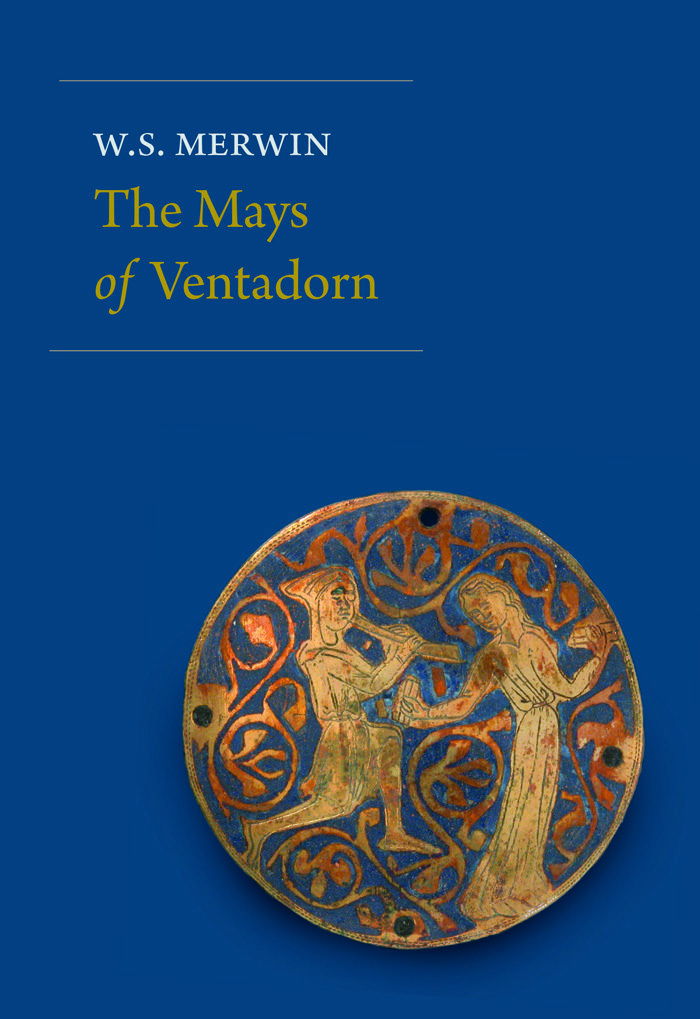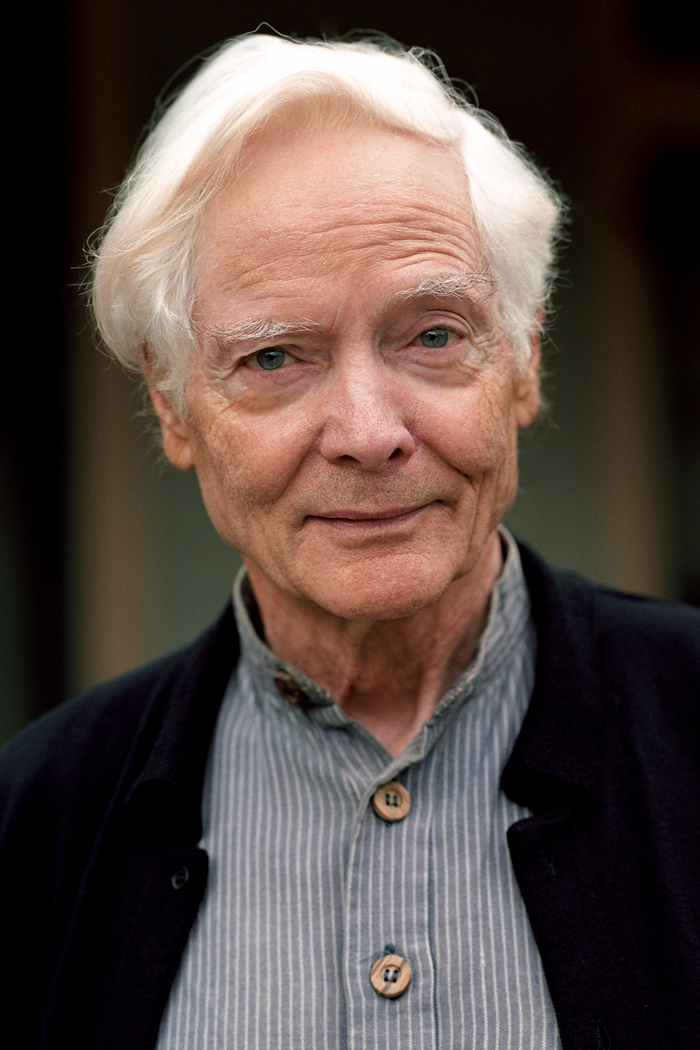
Two-time Pulitzer Prize-winning poet W.S. Merwin turns his mastery of language and powerful attention to the origins of twelfth-century Provençal troubadours. Merwin deftly blends personal anecdotes—his pilgrimage at the age of eighteen to visit Ezra Pound at St. Elizabeth’s Hospital, his purchase of an abandoned farmhouse in Quercy—with his exploration of Southern France’s rich history and linguistic heritage.
ISBN: 9781556595462
Format: Paperback
from the Introduction by Maurice Manning
The Mays of Ventadorn is a book of many things, but it is chiefly a record of how Merwin learned this ancient language of poetry from the twelfth-century troubadours and the practical reasons why. As we might expect, Merwin doesn’t deliver a sermon, nor does he give us the straight story. He leads by impression, by nuance, by fragments that seem like narrative yet finally resist that mode, by abiding wonder, and by uncertainty. In short, this affectionate, clearheaded book comes to us from its own dream-state, for the world of the troubadours—their language and customs, their poetic daring, their passions, and their haunted landscape—come to us with such ambiguity we might as well say all of it belongs to a dream. In Merwin’s rendering it is a beautiful dream, and I don’t think he would share it if he didn’t believe there is wisdom in it.
Reviews
“Merwin’s conception of poetry is devotional in its service to other languages and cultures. The Mays of Ventadorn is not only a story about troubadours handing down their songs through the ages, but about how poetry itself seems to engineer twists of fate in the lives of its acolytes.” ―New York Review of Books
“One of the finest senior U.S. poets stunningly evokes in prose the fabled romance and dark beauty of southwestern France. Seemingly channeling the troubadour spirit of the region, Merwin paints broad, but strikingly detailed, landscapes with his words, using language itself as a main character. He intermingles his personal experiences in the region with the songs of twelfth-century troubadours, illustrating superbly the flexibility of time in the historical cocoon of this ancient and endlessly resurrected locale. Often the prose sounds like poetry, and few other travel writings could aspire to the miraculously transporting quality of these crystalline sentences. The reader feels the restorative effects of this region and its poetry on Merwin, and cannot help but be touched. Like the songs of his troubadours, this little book soothes the soul while keeping the senses wide awake.” ―Booklist
“Merwin’s verse often gives the impression of language scavenged from the elements, its power reckoned only as its meanings assemble, phrase by phrase, against the white of the page. Simple astonishment, one of the rarest of all literary experiences, is the most potent outcome.” ―New Yorker
“Merwin’s skill is matched by his wisdom and his ability to connect a particular moment with something larger.” ―Washington Post
